What if this life was all there was? I’m sure you know some people who think that. I’m not sure how people who think that can get out of bed in the morning, let alone keep on living day after day. Questions about life and death and last things and life after the last things are what’s going on in the Church’s mind and imagination in these last days of the Church year.
It’s little wonder these questions grab us in these waning days of the year. The trees are losing their foliage. The daylight hours are getting shorter. The air is a bit colder, and we might get the feeling that winter can’t wait to get here! We can sense there is a change approaching, and perhaps it isn’t one that we look forward to. Even with the festive atmosphere of the upcoming holidays, or perhaps even because of the holidays, many of us feel depressed or blasé, and the festivity of the holiday season only serves to highlight it for us. Please God, let there be something more.
Fundamentally, we human beings need to make connections. We want life, we want light, we want peace, we want love. And because we want all these things, we know we are alive. We attempt to fill them up as best we can. We hope that our attempts are healthy, but honestly sometimes we find ourselves stuck and attempt to fill our desires with things that are well, just shoddy. We anesthetize ourselves with drugs or alcohol or internet pornography or retail therapy. We enter into relationships that are unhealthy. We work ourselves to death. We distance ourselves from loved ones. We sin. We often just try to fill up the something more that we desire with something less than that of which we are worthy.
And that’s exactly what the Sadducees were doing in today’s Gospel reading. The Sadducees, we are told, were a group of religious authorities that taught there was no resurrection. So these Sadducees come to Jesus and seem to have an earnest question. They speak of a woman seven times widowed and wonder whose wife she will be in the resurrection of the dead. Except that their question wasn’t earnest at all. Clearly they were out to discredit Jesus, even embarrass him. “So you think there will be a resurrection,” they say, “well then, what about this…?”
The Sadducees didn’t get it when it came to the resurrection, and they weren’t willing to open their minds to any kind of new possibility. If what Jesus said didn’t fit what they believed, then it absolutely must be wrong. They were filling their desires with the sin of pride instead of the possibility of eternal life. What a horrible, shoddy way to fill up their desires!
But swing that around and look at the seven brothers in the first reading. All they would have to do was eat a little pork and they could have lived. I mean, who’s going to begrudge them a little bacon?! Yet they patently refused to do so. One by one, they are tortured and killed. Why would they have let themselves be treated that way? All they had to do was eat some pork, for heaven’s sake; surely God would forgive them, right? But listen to what the first brother says: “You are depriving us of this present life, but the King of the world will raise us up to live again forever. It is for his laws that we are dying.” These brothers and their mother realized that there was something greater, something more. They knew their desire could never be filled up with a little pork, or the shoddy life that would come about as a result of giving up their beliefs. What a stark contrast they are to the prideful Sadducees!
We may be tempted to settle for something less, but we know there is something so much better in store for us. There is something that will fill up our desires once and for all, and that something – or rather that someone – is Jesus Christ. It’s not going to be our pride, boasting of our elaborate wisdom or ability to take care of ourselves. It’s not going to be a little pork, or giving in to whatever temptation comes our way to take us off the path. It’s not going to be alcohol, or drugs, or unhealthy relationships or self-help gurus, or anything else. It’s only going to be Jesus – only Jesus! – who will fill up the desires that touch us to the core of who we are.
The Church in these waning days of the Church year would never deny that there is suffering in the world. But she will encourage us to open up our desires to be filled with our Savior who comes not to make our suffering go away, but instead to fill it up and sanctify it with his presence. There is something more, and we can expect to be filled up with it when we realize that the fit for the hole we have in our hearts is Jesus Christ.
That, friends, is why it is so important that we gather as believers every Sunday, and avail ourselves of the other sacraments, especially reconciliation, on a regular basis. We have an unquenchable desire that can only be filled up with Christ, that Christ who longs to be our life, who died to be our savior, who rose to be our salvation.
Our God is not a God of the dead, but of the living. To him all are alive. So in these last days of the year, if we find ourselves desiring peace, desiring wholeness, desiring comfort, desiring love, desiring fulfillment, or desiring anything else, that’s okay. Because what we’re really desiring is Christ, and he is always there to fill us beyond our wildest imaginings.

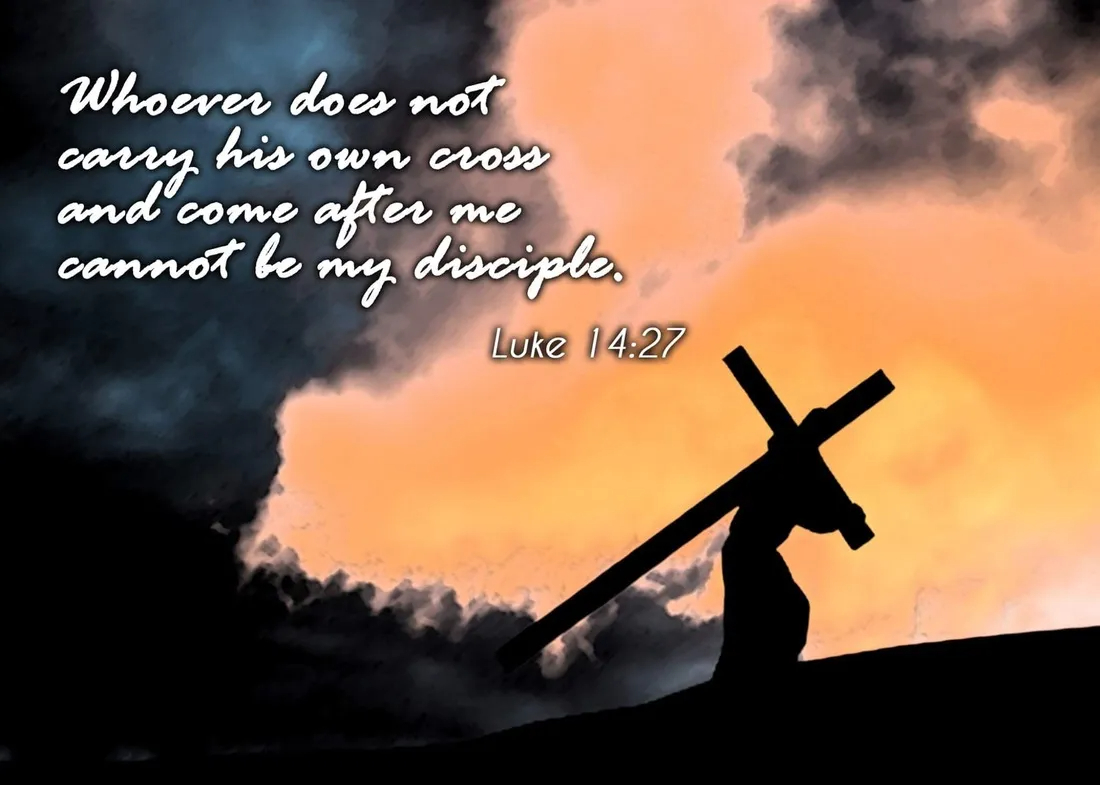
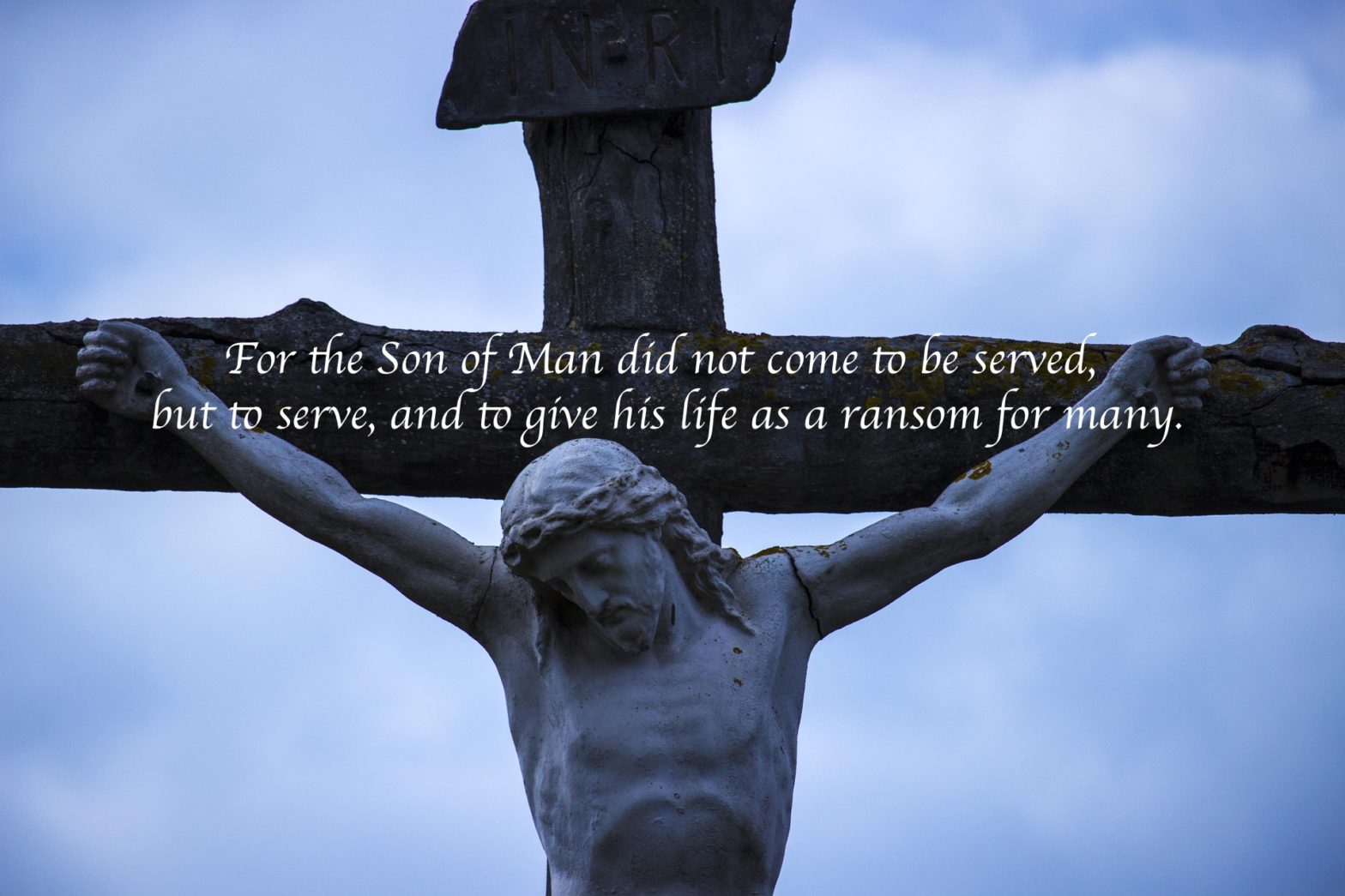


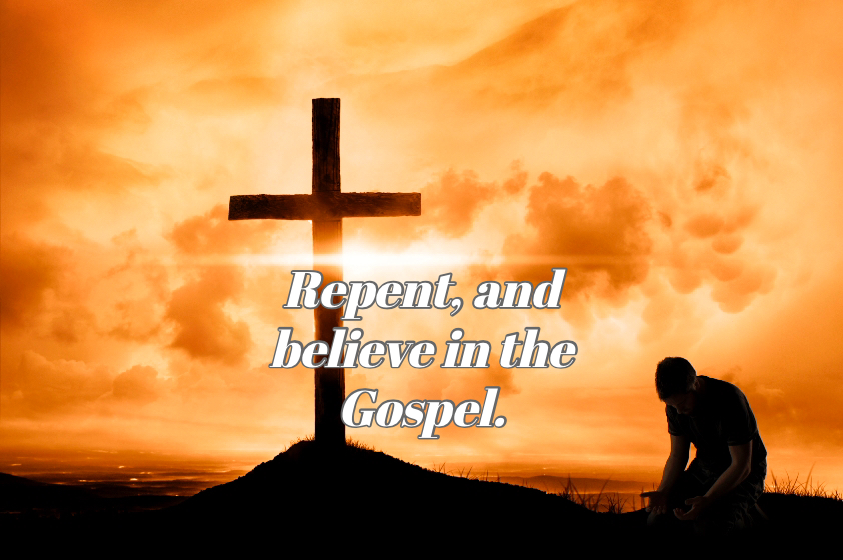

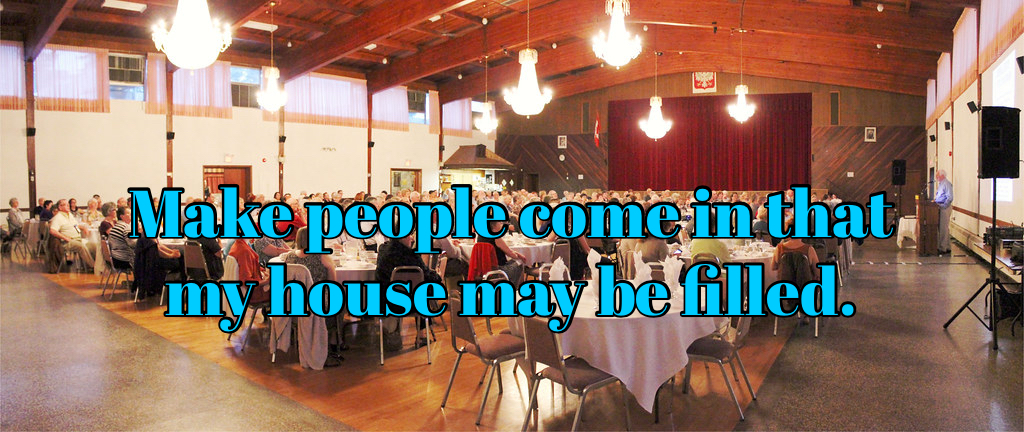
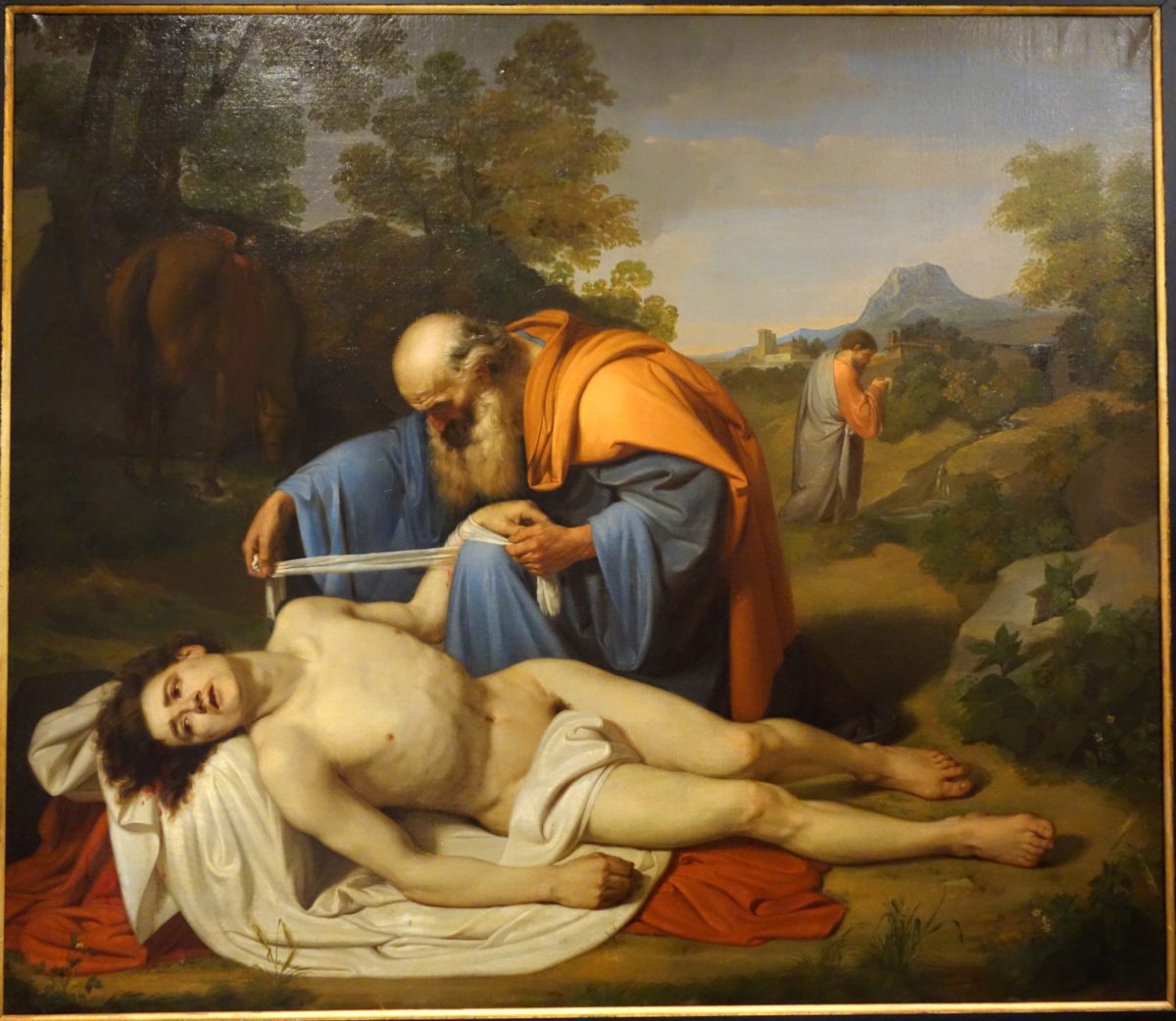
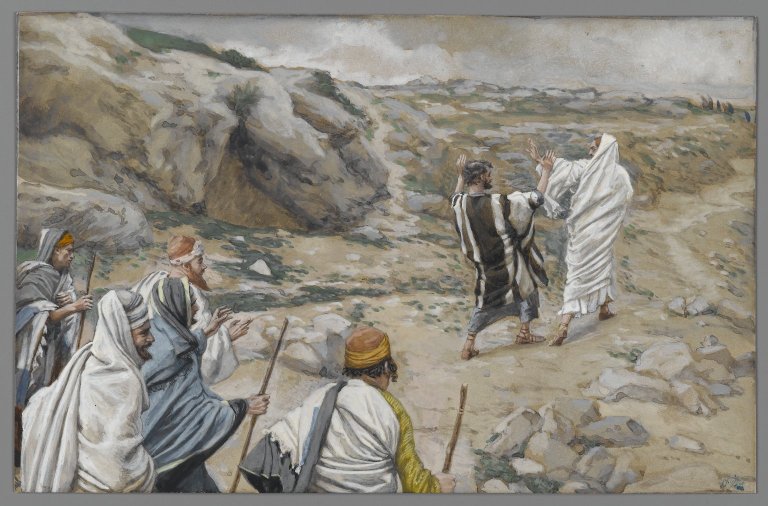
You must be logged in to post a comment.